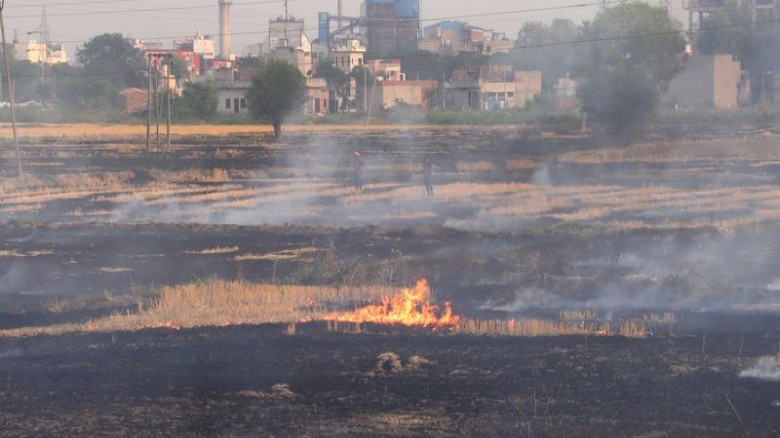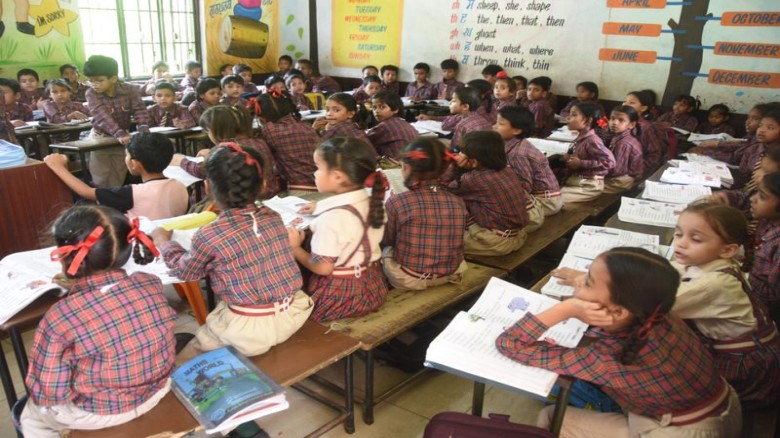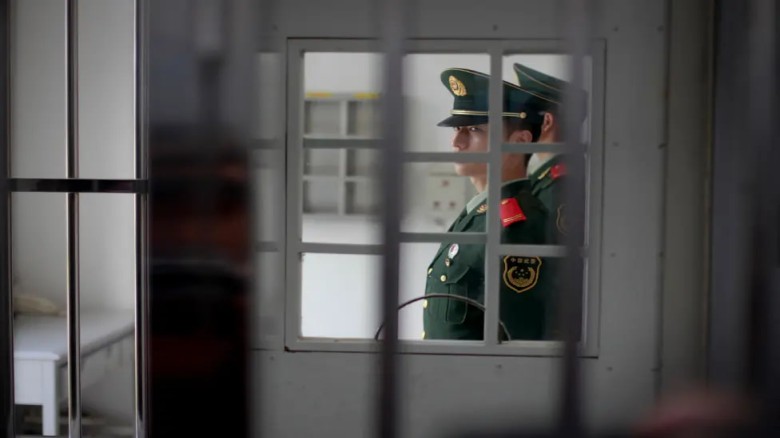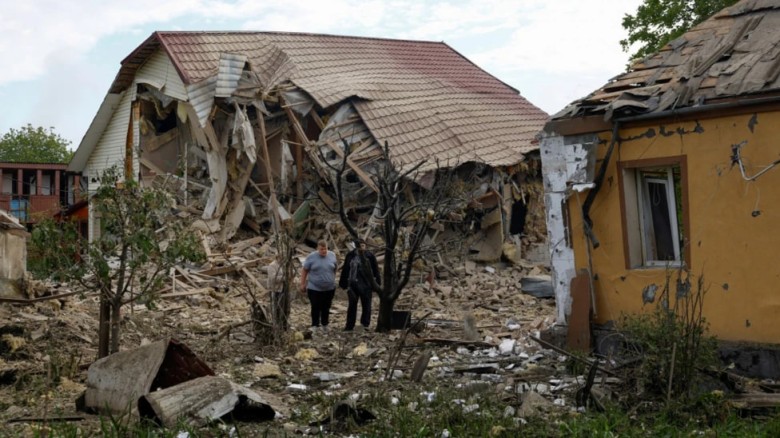Farm Fires Continue Unabated in Punjab Despite Government Warnings
Cases of stubble burning continue to rise across Punjab, with little regard for repeated government advisories urging farmers to adopt eco-friendly methods of crop residue management. Despite the availability of in-situ alternatives, many farmers are resorting to burning the residue to quickly prepare fields ahead of the June 1 paddy sowing date set by the state government.
A farmer from Narainpura village on the Sirhind-Patiala road openly admitted to setting his fields on fire, stating, “This is happening across Punjab. First stop them, then come to me.” Many farmers dismiss concerns over pollution and soil degradation, calling them exaggerated or unfounded.
The impact of these fires extends beyond the fields—dense smoke frequently disrupts traffic visibility, causing inconvenience to commuters and even accidents on adjoining roads.
According to official data, Amritsar district has recorded the highest number of incidents so far, with 1,043 cases, followed by Gurdaspur (811), Moga (789), Ferozepur (692), Tarn Taran (657), and Bathinda (618). A total of 9,266 farm fire cases had been reported as of May 18 this year, compared to 10,644 in 2023 and 10,327 in 2022.
Explaining the underlying causes, Punjab Agricultural University Vice Chancellor Dr. Satbir Singh Gosal said, “The declining trend in cattle rearing has reduced the demand for straw. Additionally, limited storage options discourage farmers from retaining crop residue. As a result, burning becomes the most convenient option, despite its damaging effects on soil health.”
Chief Agriculture Officer Dr. Jaswinder Singh stated that the Department of Agriculture and Farmers Welfare is currently investigating to identify individuals involved in stubble burning and take necessary action.








































































Leave A Comment